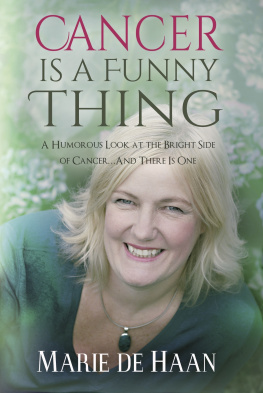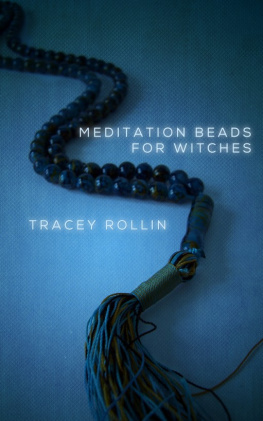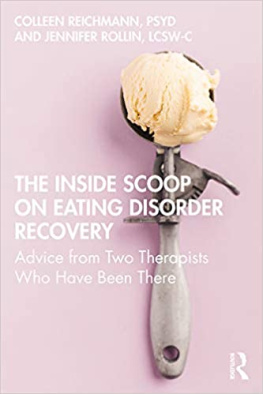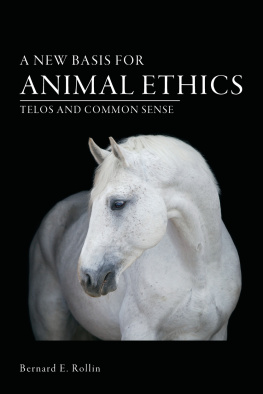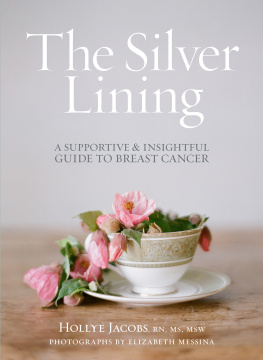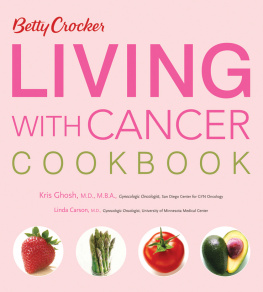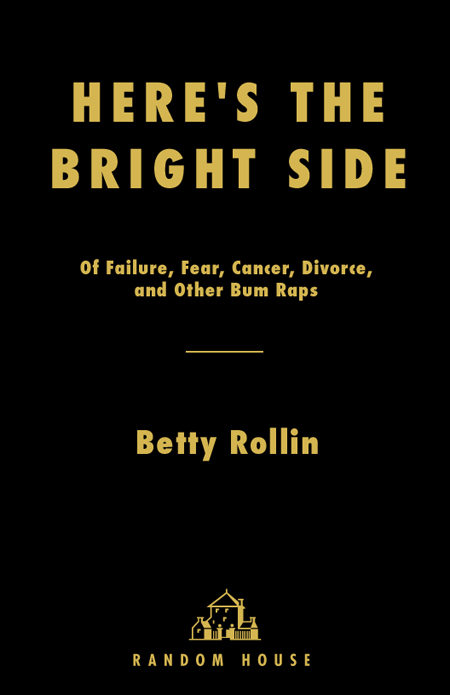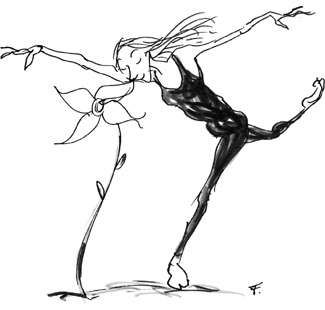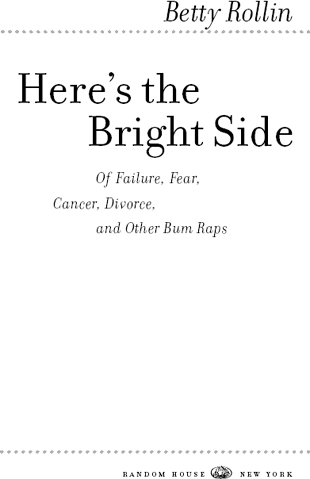Introduction
I woke up one morning and realized I was happy. This struck me as weird. Not that I didn't have all kinds of things to be happy aboutlove, work, good health, enough money, the usual happy-making stuff. The weird part is, when I thought about it, I realized that the source of my happiness was, of all things, cancerthat cancer had everything to do with how good the good parts of my life were.
When I thought about it moreand looked into it and started talking to other peoplesurvivors, not only of cancer but of various other of life's infinite variety of bum rapsfailure, divorce, illnesses and reversals of all kinds, death of a spouse, and so onit turned out I was not alone. It turns out there is oftenit seems very oftenan astonishingly bright side within darkness. People more than survive bum raps: they often thrive on them; they wind up stronger, livelier, happier; they wake up to new insights and new people and do better with the people around them who are not new. In short, they often wind up ahead. There are even studies, scientific studies (!) that show that people often say they have benefited from the terrible things that have happened to them.
Coping well is part of this phenomenon, but there's more to it than that. Within each form of misery, there seems to be something of worth, a hidden prize waiting to be found. Sometimes it's found right away, sometimes not: a painful, debilitating divorce or widowhood can lead, gradually, to a new tranquillity within and without. (Not to mention the possible emergence of a swell new mate. Have you ever encountered the particularly dipsy-doodle joy of a newly married widow or widower? A person who thought love was forever buried with a deceased mate, but by golly, here it is again!)
Or if it's physical pain that has been endured, when the pain stops, you noticeand keep noticinghow well you feel. It's thrilling to feel well! But nobody is thrilled about feeling well who hasn't been feeling lousy, especially for a long while.
The prizethe bright sidemay be as big as a barn or as small as a pea, but whatever its size, it seems to be directly born of suffering. When it's as big as a barn, it's an enduring gladness, and you may wind up feeling that whatever you went through was worth it (as I do). When the bright side is small, you may not feel that the bad part was worth it, but you come to feel that something good came from it, good that wouldn't otherwise have been there. Sometimes that means wisdom. Often it means the extremely good feeling that you get when you've been through something tough. It's a feeling of restored control and the sense of power that comes with restored control. Again, yes, coping figures into this; but mainly the bright side is what coping does for you, how it makes you feel about yourself and the world you live in.
The social scientists tell us now that as people cope successfullyand, they say, most dothey are uplifted, even elated. Having coped, you now know, as you didn't before, that you can Do It. You now know what you're made of. Having been through whatever it was that leveled you, you have come out the other side new and improvedas if you've had a sort of spiritual car wash.
The Harvard psychologist Daniel Gilbert, in his book Stumbling on Happiness, talks about people having a psychological immune system that defends the mind against unhappiness in much the same way that the physical immune system defends the body against illness. And the worse the unhappiness is, he says, the more work the immune system has to do.
The bright side is almost always infused with gratitude. How many times have you seen on TV a family standing in a pile of rubble that used to be their house, weeping for joy because they're alive? No family weeps for joy because they're alive as they stand in the middle of their fully furnished living room.
Closer family relationships, a new appreciation of life, a sunnier outlook on just about everything, a feeling, perhaps for the first time, of being entitled to put one's own needs firstthese turn out to be among the bright sides of illness, according to a recent UCLA study of breast-cancer survivors. Funny thing is, the study was originally set up to examine the negative effects of the disease, but the researchers were stopped short by women who kept laying it on about the good stuffabout the bright side.
More women reported improved self-image, the study says, feeling more self-assured, having survived the adversities of cancer In terms of relationships with other people, a high percentage felt more sympathetic and compassionate towards others. About 80 percent felt that some good things had happened in their lives as a result of the cancer.
The UCLA study was small, but it was followed by larger studies with similar results. Some studies are so new they haven't been written up yet. It's not that there's nothing negative in these studies; it's that, as the data rolled in, the positive was so prevalent, we could hardly believe it, says Dr. Patricia Ganz, one of the lead researchers at UCLA. As a result, says Dr. Julia Rowland, director of the National Cancer Institute's Office of Cancer Survivorship, the field of research has shifted. And now benefits of other cancers are being studied, too.
Other researchersagain, to their surprisehave found similar results with other catastrophes, ranging from natural disasters to chronic illness. Susan Folkman at the University of California, San Francisco, found in her studies of AIDS patients that there was a far more positive mood than negative. Youngsters who experienced Hurricane Floyd and the subsequent flooding emerged feeling better about their own competency than they had before. (At this writing, the results from Katrina aren't in yet.)
Not to be confused with the power of positive thinking or trying to see the bad event as not so bad, the bright side has to do with finding the good, whatever form it takes, within the bad and proceeding from there. And as they proceed from there, people grow resources and gain skills, wisdom, strength they didn't know they had, Folk-man says. They review priorities; they have new meaningful goals; they live more in the moment. It irritates Folkman when the accusation of denial comes up. This is not denial. These people know what's wrong. They just want to feel as good as they can.
We cheery survivors of bum raps meet with a lot of incredulity, but not from one another. We know what's up. What's up is better than anyone could have imagined. We ourselves couldn't have imagined itbefore. It also turns out that if painphysical and/or emotional painhas been endured, one feels even more powerful and positive. Paradoxicalor adversarialgrowth is what the studies call it. Meaning, the worse it's been, the better, stronger, more powerful one winds up feeling.


